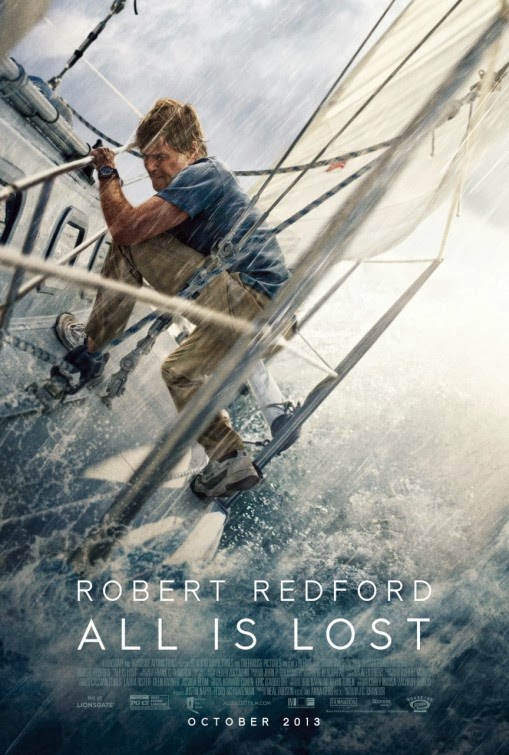SE7EN
(1995)
*ALL-TIME AWESOME*
Directed by- David Fincher
Written by- Andrew Kevin Walker
*Brad Pitt, Morgan Freeman, Gwyneth Paltrow, Kevin Spacey
David Fincher's neo-noir, investigative thriller, Se7en is one of the most perfect genre films you'll ever see.
The film is set in an unnamed city of eternal rains, reflective of our own morally decadent society, where a psychopath goes on a killing spree inspired by the biblical seven deadly sins and fashions his murders after them, to illustrate the unholy ubiquity of cardinal sins in our corrupted world.
An obese man is fed till his insides burst (Gluttony), another man is tied to a bed for over a year until he dies (Sloth), a model is murdered and her beautiful face grossly mutilated (Pride), and on go the horrific realisations.
On the murderer's tail are detectives Mills and Somerset, piecing the puzzle until they are finally, and most unexpectedly, faced by their enemy.
 |
| Gluttony, Greed, Sloth, Lust & Pride. You couldn't imagine how Envy and Wrath turn out. |
The chase scene in the middle providing a departure from the usually verbose nature of the film but without conflicting with its structure, pumps energy in its lethargic, true-to-its-noir-roots pace.
 |
| Rain forms a powerful motif in the film. |
Reminiscent of another iconic neo-noir, Blade Runner, the setting of the film itself renders it unforgettable.
Incessant rains lash over a city of eroding virtues, painted on a seemingly poetic canvas. The texture and the color make for one of the most commendable examples of modern noir.
Se7en is quite simply, a masterclass in filmmaking.
But it's not just the taut script overflowing with biblical references and coupled with the supremely delectable environment that make the film work. Everything from Fincher's impeccable command over the direction, Pitt and Freeman's interesting combo, the perfectly placed music by Howard Shore and Darius Khondji's brilliant cinematography, adds to the greatness of this film.
 |
| The use of shadows is exquisitely shady. Until the final scenes when the killer's identity is revealed, whereon its excessively bright. |
 |
| "Become vengeance, David. Become Wrath." *chills ensue* |
Not just one of the finest detective stories but also one among the best films I've seen. Se7en is pure cinematic joy.
Rating- 4.6/5



















